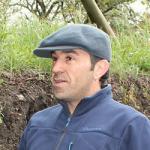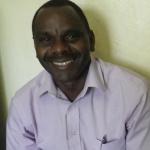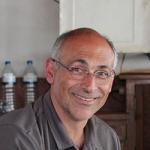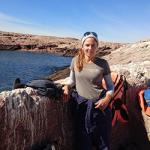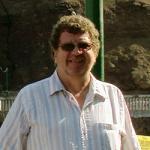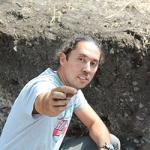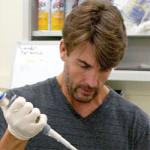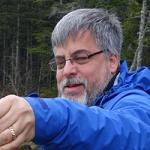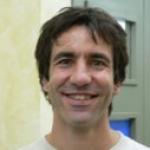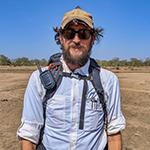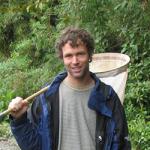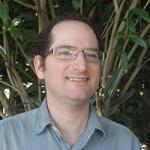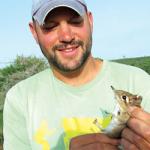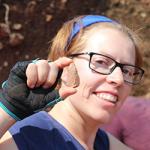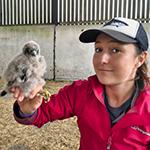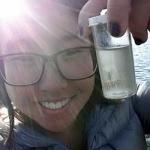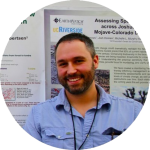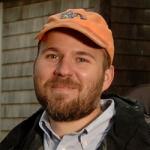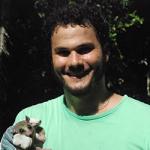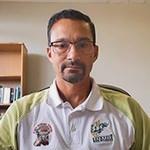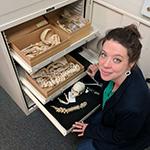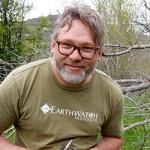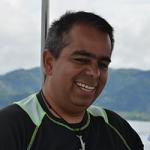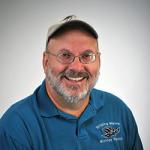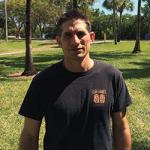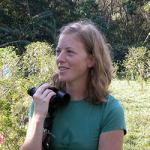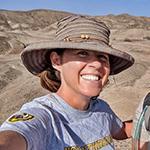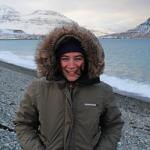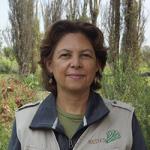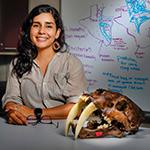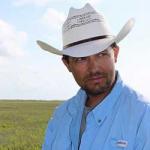Our Scientists
Earthwatch supports scientists whose research projects address urgent problems stemming from global change. Lead scientists are supported in the field by a committed research team with enthusiasm and passion for their areas of expertise.
A
B
Regional Coordinator
Royal Zoological Society of Scotland, Research and Conservation
Professor and Director
Interdisciplinary Center for Archaeology and Evolution of Human Behaviour, Universidade do Algarve
Adjunct Researcher
Centro Para el Estudio de Sistemas Marinos (CESIMAR - CONICET)
Co-PI / North Bali Reef Conservation co-founder
C
Researcher
Interdisciplinary Center for Archaeology and Evolution of Human Behaviour, Universidade do Algarve
Associate Professor
School of Environment, Arts and Society, Florida International University
Professor of Biology and Director of Environmental Conservation
Cedar Crest College
Researcher and Ecology Lecturer
CREAF (Centre for Ecological Research and Forestry Applications
D
F
Northeast Climate Science Center
G
Célia Gonçalves, Ph.D.
Researcher
Interdisciplinary Center for Archaeology and Evolution of Human Behaviour, Universidade do Algarve.
Interdisciplinary Center for Archaeology and Evolution of Human Behaviour, Universidade do Algarve.
H
K
M
Abraham Miller-Rushing, Ph.D.
National Park Service, Acadia National Park
Emeritus Professor of International Environmental Policy and Founding Director of the Center for International Environment and Resource Policy
Fletcher School of Law and Diplomacy, Tufts University
Manager Ecological Advice (East), Ezemvelo KZN Wildlife
N
Associate Professor of Anatomy
College of Osteopathic Medicine of the Pacific, Western University of Health Sciences
O
Research Associate & Associate Head of the Tropical Marine Mammals Ecology Lab
Centro de Investigación de Cetáceos Costa Rica (CEIC)
P
Assistant Professor of Biology
Department of Biological Sciences, Eastern Kentucky University
Assistant Professor of Epidemiology (Environmental Health Sciences), Assistant Professor in Chemical and Environmental Engineering, Yale School of Public Health
Claudia Ponce de Leon, Ph.D.
Professor
Faculty of Sciences, Universidad Nacional Autonoma de Mexico
Faculty of Sciences, Universidad Nacional Autonoma de Mexico
Q
R
Associate Professor, Anthropology and Director, School of World Studies
Virginia Commonwealth University
Cuba Country Manager
Mesoamerica and Western Caribbean Program, Wildlife Conservation Society
S
Executive Dean
School of Animal Rural and Environmental Sciences (ARES)
Nottingham Trent University
Nottingham Trent University
Lecturer in Marine Vertebrate Ecology
Centre for Ecology and Conservation, University of Exeter
Professor of Marine Biology and Conservation
V
W
Earthwatch Scientist and Curator for Conservation-Mongolia at The Living Desert Zoo and Gardens
